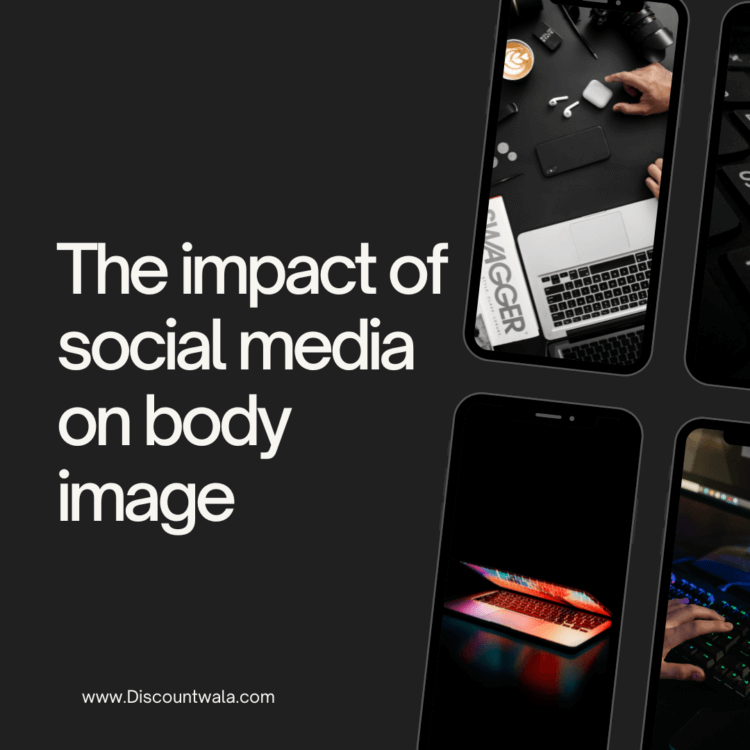In the age of social media dominance, where perfectly curated images and flawless filters flood our screens, the impact on body image is undeniable. The quest for the ‘ideal’ body shape and appearance has taken on new dimensions, thanks to the constant exposure to carefully edited portrayals of beauty. In this blog, we explore the profound impact of social media on body image, shedding light on both the positive and negative aspects, and offering insights into how individuals can navigate these digital landscapes without compromising their self-esteem.
The Allure of Perfection:
Social media platforms are flooded with meticulously edited images, portraying a version of beauty that often seems unattainable. Filters, airbrushing, and photo-editing tools contribute to an idealized standard of beauty that can leave individuals feeling inadequate or dissatisfied with their own appearance.
Comparison Culture:
One of the most significant impacts of social media on body image is the emergence of a pervasive culture of comparison. Constant exposure to images of seemingly flawless bodies can lead to a detrimental cycle of self-comparison, fostering feelings of inadequacy and perpetuating unrealistic beauty standards.
Body Positivity Movements:
While social media can contribute to negative body image perceptions, it has also become a platform for positive change. Body positivity movements, influencers promoting self-love, and communities embracing diverse body types have gained traction, challenging traditional notions of beauty and encouraging acceptance.
Digital Detox and Mental Well-being:
Recognizing the impact of social media on mental health, particularly body image, individuals are increasingly adopting digital detox practices. Limiting screen time and curating online content to include positive and diverse representations can contribute to improved mental well-being.
Educating for Media Literacy:
Building resilience against the negative impacts of social media involves enhancing media literacy. Teaching individuals, especially the younger generation, to critically evaluate and question the images presented on social media can empower them to navigate these platforms with a more discerning eye.
Authenticity Over Perfection:
Influencers and content creators embracing authenticity over perfection are becoming beacons of change. Sharing unfiltered, unedited images and openly discussing body struggles contribute to a more realistic and relatable portrayal of beauty, helping to break down unrealistic standards.
Supporting Positive Influencers:
Actively supporting influencers and content creators who promote positive body image can be a powerful way to reshape the narrative. Engaging with and sharing content that celebrates diversity and self-love contributes to a more inclusive digital landscape.
Promoting Self-Love and Acceptance:
Encouraging self-love and acceptance is a fundamental step in mitigating the impact of social media on body image. Emphasizing the uniqueness and beauty of individual bodies fosters a mindset that values health and well-being over conforming to external ideals.
Conclusion:
As we navigate the complex terrain of social media, it’s crucial to acknowledge both the positive and negative impacts it can have on body image. By fostering a culture of authenticity, promoting diversity, and actively engaging with content that uplifts rather than undermines, individuals can reclaim agency over their perceptions of beauty. Remember, the truest reflection of beauty lies in the acceptance and celebration of our unique selves, beyond the confines of digital filters and societal expectations.










No Comments
Leave Comment